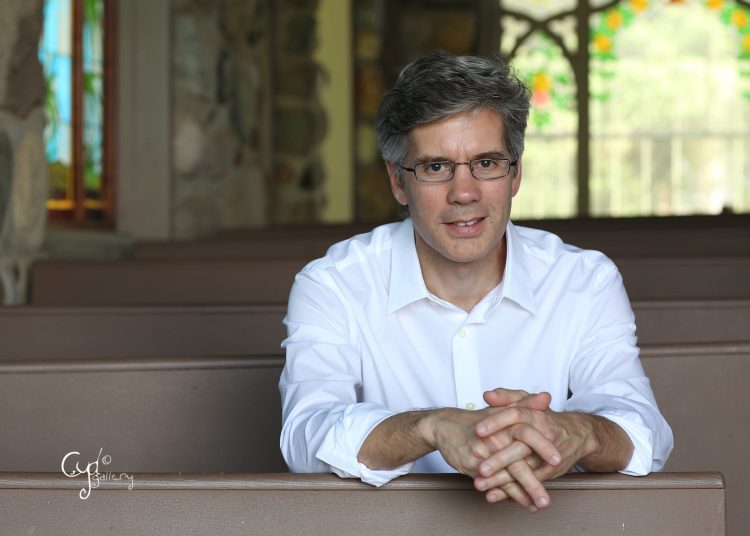
Events
How to Balance Studies and Sports in an Academic Basketball Club
-
2025-11-08 09:00
As someone who's spent years navigating the demanding world of collegiate athletics, I can tell you that finding the right balance between academic responsibilities and sports commitments feels like walking a tightrope. I remember watching the Camsur basketball team's recent performance where Philip Domagtoy dropped 20 points and seven rebounds while Verman Magpantay contributed 14 points as crucial support for Almario. What struck me wasn't just their on-court chemistry but knowing these athletes were simultaneously handling full course loads. That's the reality of academic basketball clubs - you're expected to excel both in the classroom and on the court, often with the same intensity.
The secret sauce, from my experience, lies in what I call "compartmentalized excellence." When I'm on the court, basketball consumes my entire focus - every dribble, every play, every defensive rotation demands complete attention. But the moment I step into the library or classroom, my mindset shifts entirely to academic mode. This mental separation is crucial because trying to think about your upcoming economics exam while running drills only leads to mediocre performance in both areas. I've found that the most successful student-athletes, like Domagtoy who managed his impressive 20-point game while maintaining academic standing, master this psychological switching. They understand that being present in the current activity, whether studying or practicing, maximizes efficiency in both domains.
Time management isn't just about scheduling - it's about energy management too. During particularly intense periods, like midterms or championship games, I create what I call "performance blocks." These are 90-120 minute chunks where I focus intensely on one task, followed by mandatory breaks. The basketball court becomes my sanctuary from academic stress, while the library provides mental recovery from physical exertion. This approach creates a symbiotic relationship between sports and studies - each activity provides a healthy break from the other. When Magpantay contributed those 14 supporting points, he wasn't just playing basketball; he was engaging in active recovery from his academic workload.
What many don't realize is that the skills developed on the court directly translate to academic success. The discipline required to show up for 6 AM practices builds the same muscle needed for consistent study habits. Teamwork in basketball teaches collaboration for group projects. Even handling pressure during close games develops resilience for high-stakes exams. I've personally found that my GPA actually improved during basketball season because the structured schedule forced better time management. The constant switching between physical and mental activities keeps both your body and mind sharp - it's like cross-training for your brain.
The support system within an academic basketball club makes all the difference. Teammates become study partners, coaches understand academic deadlines, and professors often appreciate the discipline required for sports. I've lost count of the times I've seen players like Almario receiving support from teammates not just on the court but in study sessions. This creates an ecosystem where academic and athletic goals aren't competing priorities but complementary objectives. The club becomes more than just a sports team - it transforms into a learning community where success is measured both by grades and game statistics.
Technology has become my secret weapon for balancing these dual responsibilities. I use scheduling apps that sync practice times with class schedules and assignment deadlines. Video analysis tools help me maximize limited practice time, while recording lectures allows me to review material during travel to away games. The efficiency gains from properly leveraging technology can add up to 10-15 extra hours per week - that's the difference between barely keeping up and excelling in both areas. Modern student-athletes have tools that previous generations couldn't imagine, making the balancing act more manageable than ever before.
There's an art to knowing when to push through fatigue and when to rest. I've learned to listen to my body and mind - sometimes skipping a late-night study session for proper sleep leads to better game performance, while other times pushing through a tough practice builds the mental toughness needed for challenging exams. The key is recognizing that both physical and mental recovery are essential components of success. Student-athletes who master this rhythm, like those Camsur players who delivered standout performances while managing their studies, understand that sustainable performance requires strategic recovery.
The personal growth from navigating this balance is immeasurable. You develop time management skills that serve you throughout life, learn to perform under pressure, and gain confidence from overcoming dual challenges. Every semester presents new obstacles - whether it's coordinating final exams with playoff games or managing research papers during training camps. But each challenge overcome makes you more resilient. The satisfaction of acing an exam after a tough practice, or delivering a game-winning performance after completing a major project, creates confidence that transcends both the classroom and the court.
Looking at players like Domagtoy and Magpantay, what impresses me isn't just their statistical contributions but their ability to maintain this delicate equilibrium. Their 20 and 14 points respectively represent hours of practice balanced against hours of study. The seven rebounds Domagtoy grabbed likely came after late nights hitting the books. This dual commitment shapes character in ways that single-focus activities cannot. The academic basketball club becomes a crucible where future leaders are forged - people who understand teamwork, discipline, and the art of balancing competing priorities.
Ultimately, the journey of balancing studies and sports teaches you that excellence isn't about choosing between different aspects of your life but about integrating them into a cohesive whole. The discipline from sports enhances academic performance, while the critical thinking from academics improves basketball IQ. They're not separate challenges but interconnected components of personal development. The students who thrive in this environment emerge not just as better athletes or scholars, but as more complete individuals prepared for life's multifaceted challenges. And in my book, that's the real victory - far more valuable than any single game or grade.
-
2025-11-08 09:00
Discover the Best Basketball Player Silhouette Clipart for Your Sports Projects
As I was scrolling through design inspiration for a new sports website project last week, I found myself completely stuck on finding the perfect basketball p
-
2025-11-08 09:00LivestreamLivestream
Creative Basketball Team Captions to Elevate Your Game Day Posts
As I scroll through my basketball team’s Instagram feed before a big game, I’m always struck by how much a great caption can set the tone. It’s not just abou
-
2025-11-08 09:00LivestreamLivestream
Eric Maye Basketball Career Highlights and Journey to Success
I still remember the first time I watched Eric Maye play basketball—it was during the 2018 regional championships, and even then, you could tell there was so


